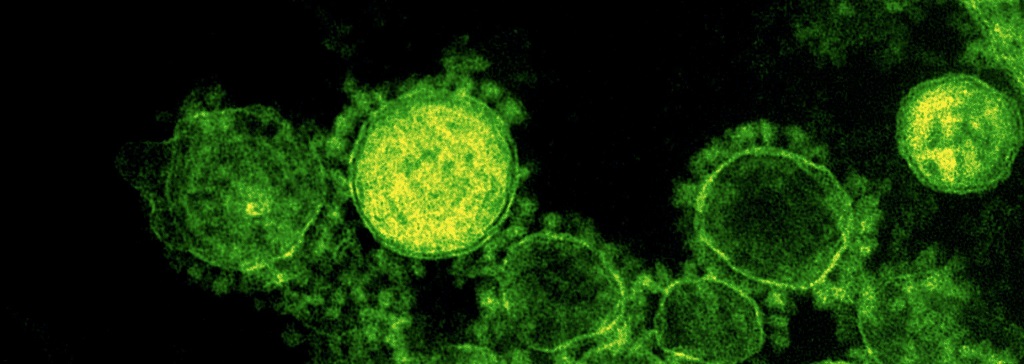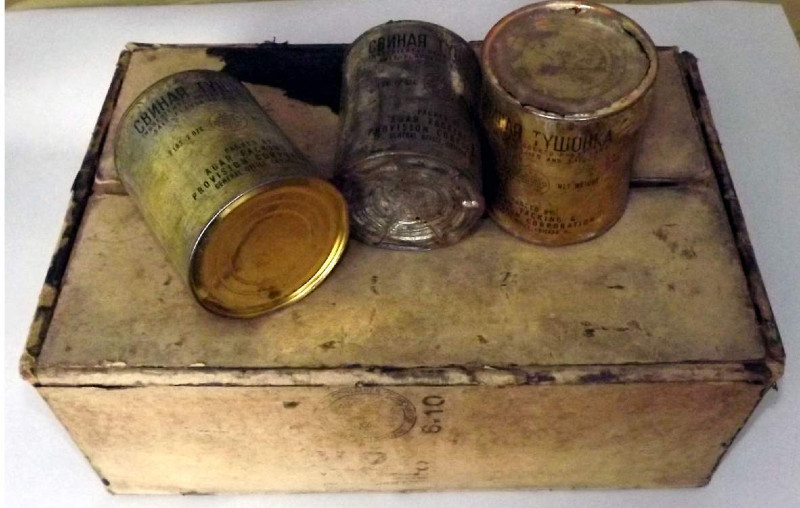Ptomaine poisoning (to´mān)
Used to describe a broad group of symptoms, the cause or causes of which are slowly being understood, ptomaine poisoning is linked to the ingestion of rotten or decaying food, especially meat.
Although ptomaine poisoning is not directly fatal, it may cause terminal dehydration. It is not to be confused with the consumption of poisonous or toxic food products (eg: mushrooms).
Causes
Infrastructure damage and food scarcity during the Mage War led to inadequate storage and the widespread consumption of old and poorly-preserved meats, eggs, and dairy products, causing a spike in ptomaine poisoning at the front and at home. It is estimated that ptomaine poisoning was a factor in 5% of military deaths and 65% of civilian deaths during this period.
Since the end of the war, reported poisonings have begun to tail off as food quality and storage techniques have improved, and the availability of fresh food has increased, replacing preserved meat and vegetables, which was often of dubious quality and inadequately preserved.
Symptoms
Beginning one to three days after ingestion of the contaminated food and lasting three to seven days, ptomaine poisoning is characterised by abdominal pain, vomiting, and diarrhea, which may include blood. Fever, fatigue, weakness, and muscle pain are not uncommon, and siezures have been reported in infants.
Treatment
Normally treated at home, the primary objective of treatement is to keep sufferers hydrated and allow the poisoning to pass.
Sufferers were recommended a diet of bread or oats soaked in boiled salt water, twice daily, and drinks of tea every hour. Prayers to the family's over-spirit or deity of choice should be said at each meal. Salt was recommended due to its long history as an arcane purifying agent and seemed to be play an important part in recovery; as salt became scarce during the later years of the war, it was omitted and the efficacy of the treatment declined.
Prognosis
Healthy adults usually recover from mild to moderate cases within a week with no lasting effects, provided they have been able to maintain proper hydration. The most vulnerable demographics are children and the elderly, and immuno-compromised and pregnant adults.
Repeated instances of poisoning in children may result in physical and cognitive developmental delays.
Affected Groups
All biological species except Ialya are affected.
Prevention
Various medical councils recommended the thorough cooking of all foods - even preserved and canned products - but fuel shortages often prevented this. Also recommended was prolonging the breastfeeding of infants and children for as long as was feasible, in order to limit their exposure to contaminated food.
Soap and water offered such significant protection against the transfer of ptomaine within the home that soap-making became a protected industry, and bars of soap were issues to each household along with instructions of how to wash hands and hygenic food preparation.
Although highly-sought after during the war, later testing of the toad-leather and raw wool amulets and goat-hair beozoars have proved they offer little to no protection against ptomaine poisoning. More likely, their appearance of protection was a result of those able to afford such trinkets also being able to affort better quality food; servants and staff in wealthy households were afflicted by ptomaine poisoning at a rate comparable to their employers and far lower than immediate family members, despite not posessing protective amulets themselves.
Post-war research into food hygiene has begun to narrow down the most likely vectors of ptomaine poisoning and public education broadcasts and leafletting campaings have helped reduce its frequency.
Cultural Reception
The sudden spread of cases was attributed to deliberate tampering with the food supply by enemy agents, a belief encouraged by various governments. As the war progressed and the illness ravaged countries and killed children, people refused to believe it could be anything else even as scientists called for rationality to prevail - the idea that negligence and bad hygiene could have killed so many, especially children, was unacceptable.
Mid- and post-war public information campaigns on the prevention of ptomine poisoning have been heavy-handed, and the result is a widespread fear of 'dirty' and spoiled food and contamination, and a belief that other countries (especially those on the other side of the war) are unhygenic and unsafe, hindering post-war reconciliation efforts.
Since the war, numerous 'clean living' campaigns have piggybacked off of the government campaigns, encouraging various behavious from handwashing and food hygiene, to the excessive use of disinfectant and caustic soaps, to the sale of 'miracle machines' that will do everything from testing food for spoilage to eliminating contaminants and 'miasmas' within the home.
Type
Bacterial
Origin
Natural
Cycle
Short-term
Rarity
Common
Affected Species
Remove these ads. Join the Worldbuilders Guild




Comments